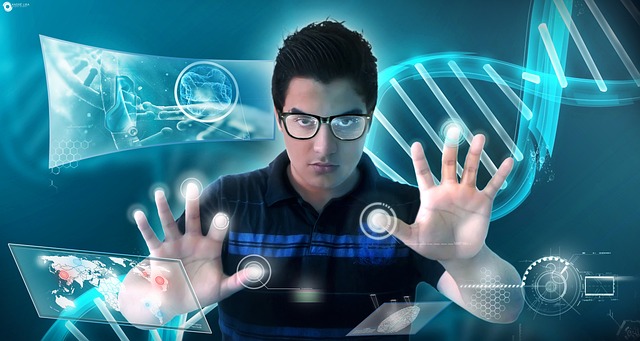Introduction
The future of work is being rapidly reshaped by technological innovation, digital disruption, and shifting employer expectations. Globally, industries are calling for graduates who can adapt quickly, think critically, and apply practical skills to real-world challenges (World Economic Forum, 2023).
In this changing landscape, makerspaces have emerged as transformative educational hubs—bridging the gap between academic theory and workplace-ready skills. These collaborative environments, equipped with tools for digital fabrication, electronics, coding, and hands-on creation, are redefining how students learn, innovate, and prepare for professional success.
Far from being simple workshops, makerspaces represent a shift towards experiential, project-based learning, where students gain technical expertise while also developing vital soft skills. In South Africa—where youth unemployment is high and the mismatch between graduate skills and industry needs is well documented (Stats SA, 2023)—makerspaces present a practical, scalable solution for improving graduate employability.
Employability Skills Gained in Makerspaces
1. Critical Thinking and Problem-Solving
Makerspaces immerse students in open-ended challenges with no fixed solutions. Whether designing a prototype or debugging code, learners must analyse problems, evaluate options, and make informed decisions. The iterative process of testing, refining, and reflecting builds cognitive resilience, adaptability, and independent reasoning—traits that top employers consistently prioritise (McKinsey & Company, 2022).
2. Creativity and Innovation
With access to tools such as 3D printers, digital design software, and robotics kits, students are encouraged to experiment without fear of failure. This fosters creative confidence, enabling them to take calculated risks and turn ideas into tangible outcomes—skills that directly align with employers’ demand for innovative, value-generating talent.
3. Technical and Digital Proficiency
In the era of the Fourth Industrial Revolution, technical literacy is no longer optional. Makerspaces equip students with in-demand skills such as computer-aided design (CAD), programming, electronics, and robotics—making them industry-ready in sectors from manufacturing to IT and engineering.
4. Collaboration and Communication
Most makerspace projects are team-based, requiring students to manage responsibilities, navigate diverse perspectives, and communicate effectively. These experiences mirror workplace dynamics, preparing graduates to collaborate across functions and articulate solutions confidently to clients, stakeholders, or panels.
Case Studies: Makerspaces in Action
Case Study 1: Regent Business School’s iLead Lab
The iLead Lab at Regent Business School integrates technology, entrepreneurship, and design thinking to prepare students for the future of work. Equipped with 3D printers, robotics tools, virtual reality, and coding platforms, it enables learners to create real-world solutions, develop prototypes, and even launch entrepreneurial ventures. Many graduates leave with portfolios that boost their employability in competitive job markets.
Case Study 2: University of Cape Town’s d-school
UCT’s Hasso Plattner School of Design Thinking blends interdisciplinary collaboration with prototyping tools, helping students solve real-world problems through structured innovation methodologies.
Case Study 3: Tshimologong Precinct, Johannesburg
Founded by Wits University, Tshimologong trains youth in digital literacy, coding, and entrepreneurship. Alumni have gone on to launch startups or secure roles in top technology firms, demonstrating the employability impact of makerspaces.
Overcoming Barriers to Implementation
While the benefits are clear, challenges such as limited funding, staff training gaps, and curriculum integration remain. Solutions include:
Institutional policy support and leadership buy-in
Industry partnerships to secure resources and maintain relevance
Professional development for educators
Commitment to inclusive access for all students
Conclusion
Makerspaces are redefining the role of education in a rapidly evolving economy. They develop a blend of technical, cognitive, and interpersonal skills that employers demand, while also fostering entrepreneurial thinking.
At Regent Business School, the iLead Lab exemplifies how integrating makerspaces into the learning journey empowers students to innovate, adapt, and lead. By moving beyond traditional lecture-based learning to active, hands-on creation, institutions can not only improve graduate employability but also prepare students to shape the future of work.

